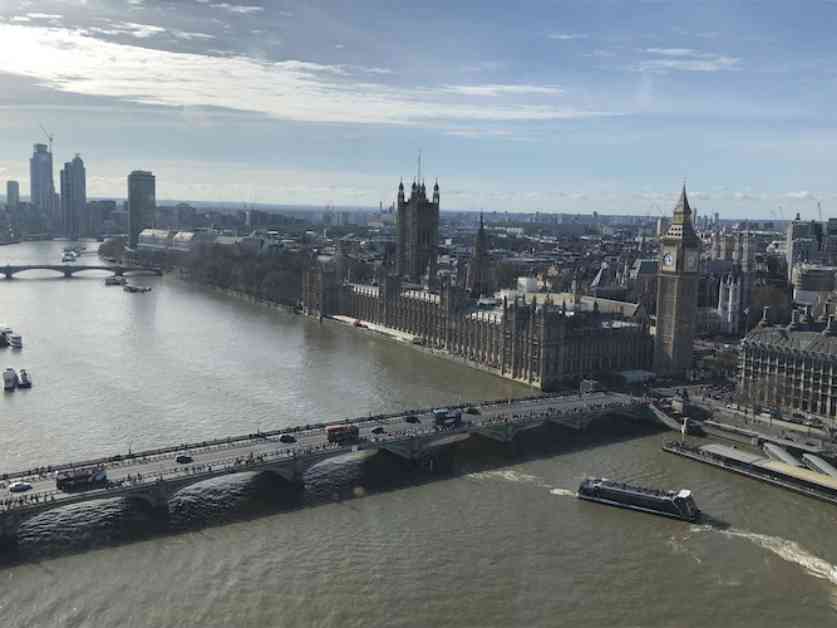London’s leading business groups, the London Chamber of Commerce and Industry (LCCI) and BusinessLDN, have expressed concerns over the recent budget announced by Rachel Reeves. The budget includes higher taxes on employers and an increase in the statutory national minimum wage rate, which could potentially hinder the growth of businesses in the capital and impact economic growth.
Karim Fatehi, the chief executive of LCCI, stated that London businesses are losing faith in the government’s economic growth strategy. He emphasized that businesses are facing the consequences of the budget with minimal support, despite promises of stability and a conducive operating environment for growth. Muniya Barua, deputy chief executive of BusinessLDN, echoed similar sentiments, highlighting that the hike in employer national insurance contributions and above-inflation rise in the minimum wage could be challenging for many firms to absorb, potentially affecting hiring decisions in a stagnating labor market.
The Chancellor aims to raise £40 billion from taxes, with a significant portion coming from an increase in the National Insurance rate paid by employers. This increase, along with other changes, is intended to facilitate public investment, including funding for the National Health Service. However, it is acknowledged that these measures may have adverse effects on wages, prices, and employment.
Despite concerns, there were positive reactions to certain aspects of the budget. Welcomes were extended for the funding allocated to extend the HS2 rail link and changes in fiscal rules to boost infrastructure spending. Additionally, there were praises for the focus on housing and commitments to transform the Apprenticeship Levy into a more flexible scheme.
Both business groups expressed disappointment that the budget did not address the “tourist tax,” which has led to the end of VAT-free shopping for overseas visitors. This issue is seen as a significant loss for the economy, particularly in attracting high-spending visitors to London’s West End. Furthermore, calls were made for a new, long-term funding deal for Transport for London and for the capital’s devolution deal to be on par with other regions such as Greater Manchester and the West Midlands.
In conclusion, while there are concerns about the impact of higher taxes and minimum wage increases on businesses in London, there is also recognition of the positive aspects of the budget, such as infrastructure funding and apprenticeship scheme reforms. The government’s commitment to exploring an integrated settlement for London in the future is seen as a potential opportunity for the capital to have more control over its funding and decision-making processes.





















